Interview by Nadeem Abbas
Dr Mehboob Hussain,Chairman Department of History and Pakistan Study University of Punjab in an exclusive interview with The London Post said Pakistan’s relations with Central Asia are centuries old. As long before Mughals,Khilji, Tugluq, Salve, Lodhi, Sadaat dynasties which rule South Asia originate from central Asia and all sufis, poets and intellectuals came from Fargana, Samarkand or Bukhara who settled here and brought radical changes and improvisation to sub continent’s culture, foods, rather in all walks of life. For example Pakistan’s national dress shalwar kameez’s origin is from Central Asia.
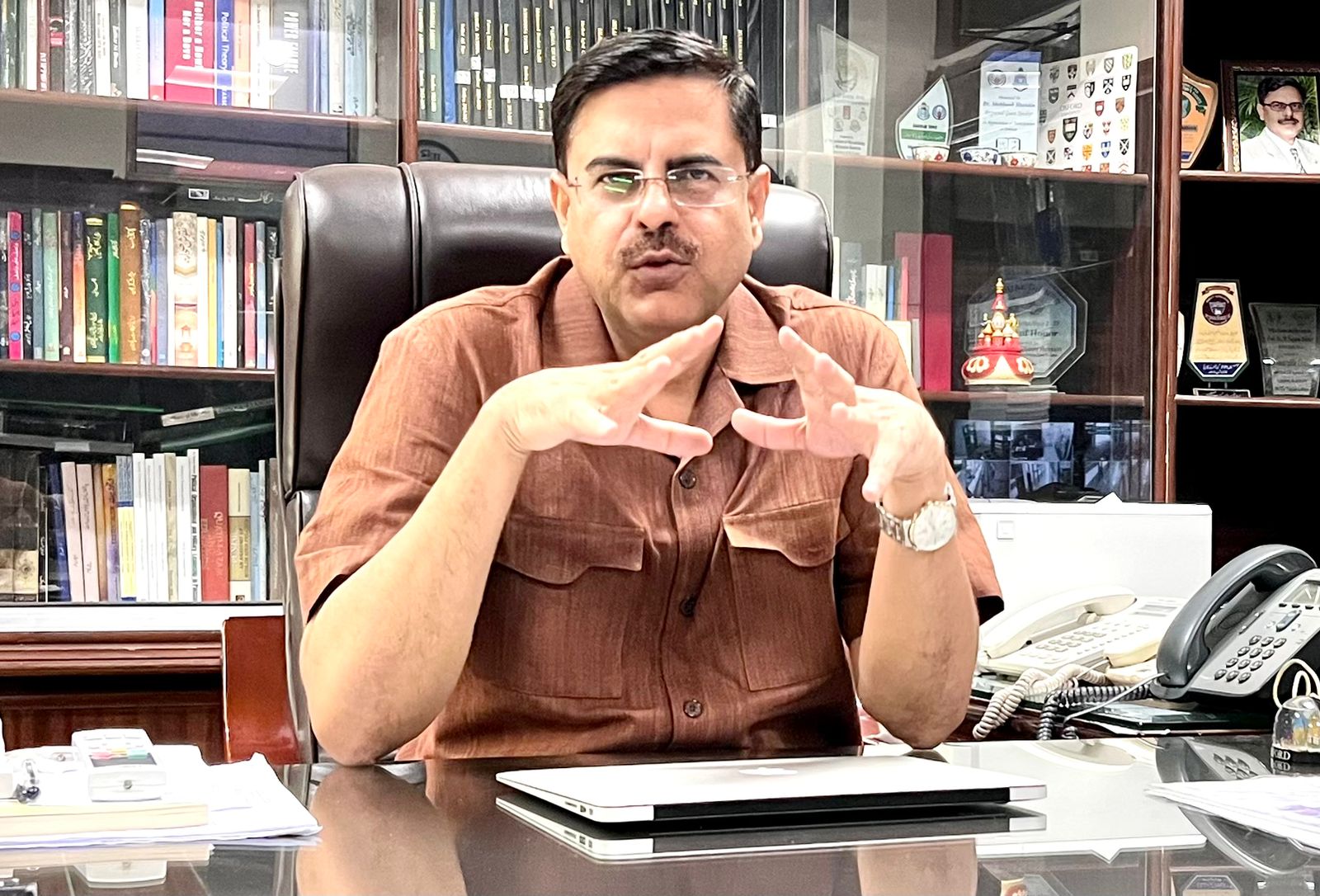
Dr Mehboob said Central Asian have no access to warm water so Pakistan can help central Asia get access to global markets. Pakistan has no direct flight to Uzbekistan, Kazakhstan once we had this facility. Pakistan fails to maximize trade prospects with central Asian states. We must enhance people to people contacts.
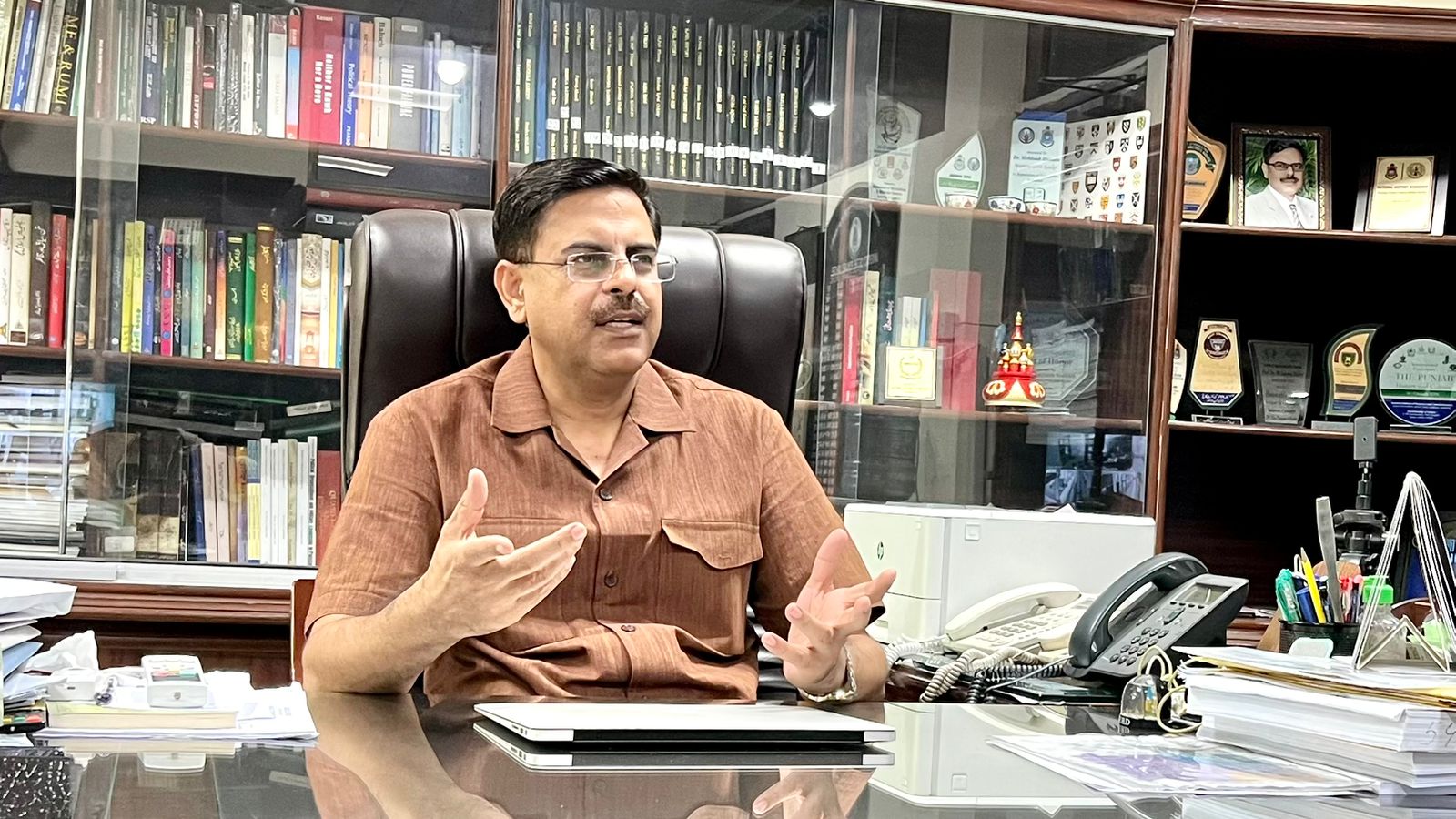
The government and academia must play role to ignite relations. Mr Mehboob said Baber Centre in Punjab University is aimed at highlighting the artistic and cultural contribution of Zaheeruddin Baber, the great Mughal emperor of the sub continent, in South Asia and to discover the common heritage of Central Asia and South Asia and to find out the relevance of shared history and to explore the avenues of cooperation between the universities of Uzbekistan and the Punjab University. The centre plans to boost scholar exchange programme between the two countries. The faculties of the universities will initiate combined research on various topics, will arrange meetings and conferences to boost cultural and artistic values.
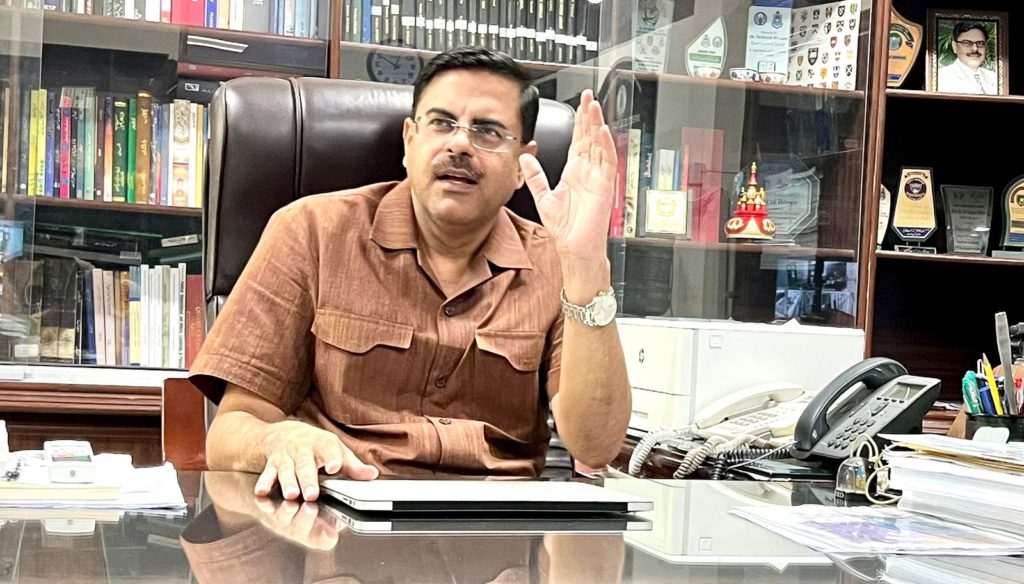
Interfaith harmony is need of the hour for the growth of a state that is why Qauid
Azam Muhammad Ali Jinnah in his inaugural address to the constituent assembly
of Pakistan clarified that each and every community and religions will enjoy equal
rights in Pakistan. It is the prime responsibility of parliaments and the state to
ensure it.
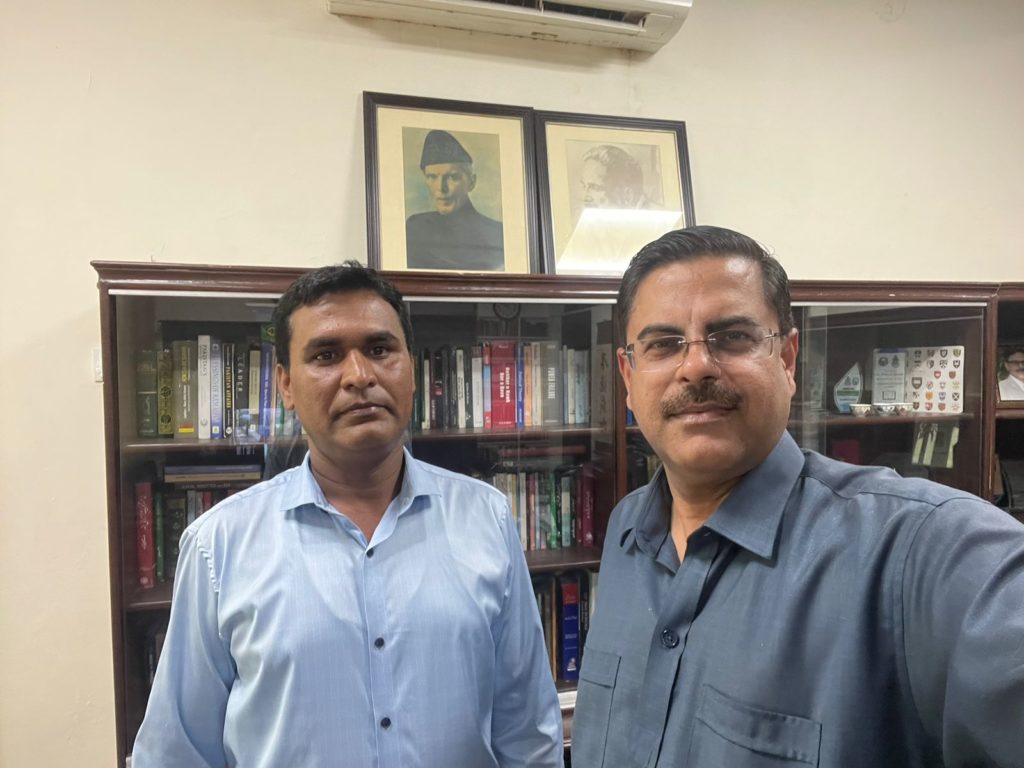
In Pakistan history of democracy is not very old as Islamabad introduced the federal parliamentary system after the breakup of West Pakistan into Bangladesh.. He said Pakistan introduced bi-cameral system much later and the upper house of the parliaments was allocated for the thinks tanks and top professionals of all sections of the society with equal rights to the federating units of the state but unluckily the state deviated from the law and in Pakistan Senator are elected on monetary influence basis as a result democratic system is lagging behind and democracy and state itself is in sorry state of affairs.
Dr Mehboob believes the mindset set of the society is tribal in essence and the concept of garrison state emerged from the fact Punjab and Khyber Pakhtunkhwa
belt provided military recruitment services to English rather each and every ruler and a big part of Pakistan was part of buffer zone created by Britishers to curb Russian invasion threats on this English colony. As a result, when English quit the subcontinent, they intentionally did not set up European style of democracy in Pakistan as a result, military generals took control of the state and they led the political agenda of Pakistan in their own way.
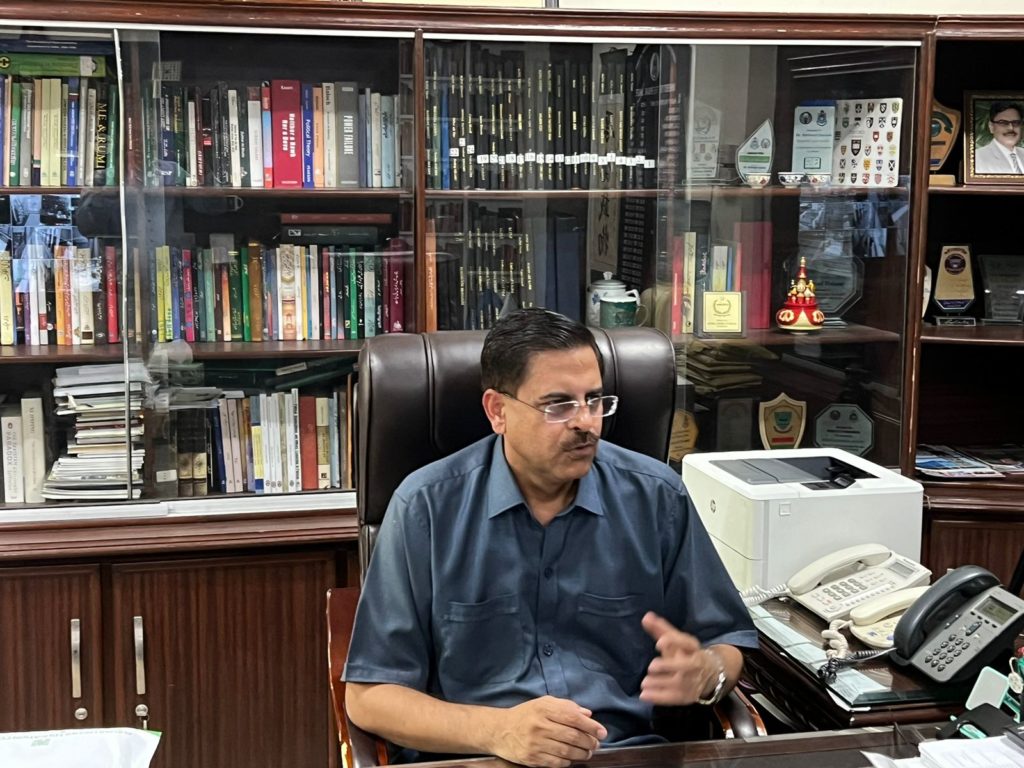
Resultantly the western type of democracy could not flourish and military got full powers and off and on their generals came into power with sham democracy and we could not introduced well organized local bodies system as well which produces political leadership.
Besides full fledge federal parliamentary system, Pakistan faces political leadership crisis as charismatic political leader unite and guide nations but in Pakistan political leadership is perhaps not allowed to flourish by some powerful quarters. To a question why Pakistan is a divided society, he opined Pakistan as a nation failed to set up a well devised system which has the consent of the majority population to bring fruit to the society. The parliamentarians are immature. The judicial system is full of flaws as the selection of judges is made by the chief justice of Pakistan alone with no meaningful powers to judicial
commission of Pakistan as a result of Pakistan’s judiciary ranks 130 out of 139
states on poor state of rule of law.
To a question why historians are labeled as biased and prejudiced, Dr Mehboob said the writing of history objectively is the most difficult task if not impossible.History is not pure science it is social science its results vary from society to society and region to region. If historians of different society write on same issue their results would be different.
Dr Mehboob Hussain, a Gold Medalist, is a Chairman of History Department and
Pakistan Study Centre of the University of Punjab since January 20, 2020. His PhD
dissertation was published by Oxford University Press. He was awarded with Post
Directorate Fellowship by Punjab Higher Education Department and he completed
it from Oxford University in 2019.






